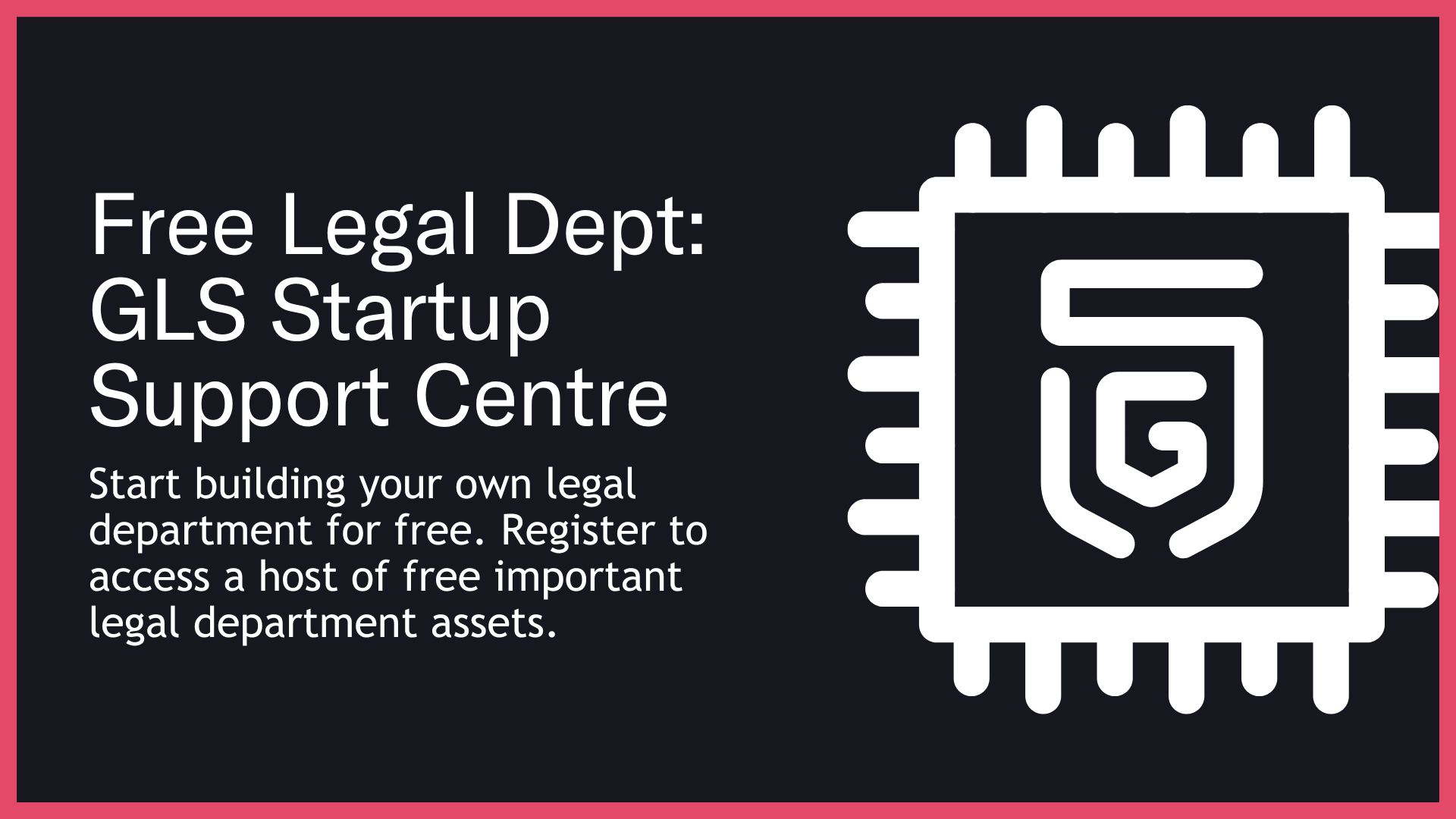GLS Legal Support Centre
Legal Made Easy For Startups
Back
Staff IPR Capture
Introduction
“If your team creates it, your business should own it - but that won’t happen by accident.” – Matt Glynn
In the adrenaline rush of building a startup, few things are as valuable as intellectual property rights (IPR) created by your employees. Whether it’s a new product design, a killer piece of code, a marketing concept, or a proprietary process - these creations can define your competitive edge and future valuation.
But here’s the trap: unless you proactively secure the legal transfer of IPR from employee to business, you may not own it - and proving ownership later can be expensive, messy, or impossible.
Employee-Created IPR Capture – What Is It?
PAA: What is employee-created IPR?
Employee-created IPR refers to intellectual property developed by employees during their work that is capable of legal protection - such as patents, trademarks, copyrights, or trade secrets.
PAA: Why does a startup need to capture IPR?
Because if the business doesn’t legally own the IPR, it can’t exploit, sell, license, or protect it - and this can torpedo valuation and investor confidence.
Why This is Important
This is an important stage of the start-up journey because:
◼️Value protection – IPR can be your most valuable asset category.
◼️Investor confidence – Investors will want proof that the business owns all core IP.
◼️Future-proofing – Avoid disputes with current or former employees.
◼️Legal compliance – Some jurisdictions require specific formalities to transfer IPR.
◼️Operational security – Without ownership, you may have to stop using your own creations.
PAA: Does an employer automatically own employee-created IP?
Not always. In many jurisdictions, ownership is presumed if the work is created in the course of employment - but contractual clauses are still essential to remove doubt.
Consequences of Not Addressing This Issue
Legal Implications
- Disputes over IP ownership.
- Inability to register patents or trademarks in the company’s name.
- Breach of third-party rights if employee IPR is used without clear transfer.
Founder Relationship Issues
- Loss of trust if ownership disputes arise.
- Tension between founders and early hires over “who created what.”
Commercial Implications
- Blocked monetisation opportunities.
- Competitors exploiting IPR gaps.
Operational Implications
- Delays in product launches or marketing campaigns.
- Costly re-engineering of products or branding.
Biz Valuation Issues
- Reduced valuation in due diligence if IP chain of title is unclear.
PAA: Can an employer claim ownership over IP created outside work hours?
It depends on the jurisdiction and the employment contract - often, if it’s related to the company’s business, it can still be claimed.
What You Should Be Doing
1. Educate yourself and your team on IPR basics
- Use the definitions from the IPR Line articles.
- Make employees aware that IP is a critical business asset.
2. Draft airtight employment contracts
- Include clear IP assignment clauses.
- Address both current and future creations where legally possible.
3. Track IP creation actively
- Implement processes to log and document IPR created during employment.
4. Observe jurisdiction-specific formalities
- In some countries, additional steps are needed for a valid transfer.
5. Close gaps on departure
- Ensure all IP created is assigned before an employee leaves.
6. Use NDAs where appropriate
- Protect trade secrets and confidential know-how alongside formal IP.
PAA: What should an IP clause in an employment contract include?
It should state that all work-related IP created by the employee is owned by the company and that the employee agrees to assist in formal registration or transfer.
Case Studies
Mattel vs. MGA Entertainment – Bratz Doll Dispute
A designer working for Mattel conceived the Bratz dolls concept but later took it to MGA. Years of litigation followed over whether the concept was created “in the course of employment.” Ownership uncertainty cost both sides millions.
Weta Workshop – IP Control in Creative Industries
The New Zealand-based design studio behind “The Lord of the Rings” uses meticulously drafted contracts to ensure all film-related designs, props, and concepts are owned by the company - protecting against disputes with its highly creative workforce.
Google – Side Project IP Policy
Google famously allows “20% time” for personal projects, but contracts make clear when inventions belong to the company versus the employee - avoiding ambiguity in ownership.
Final Thoughts
In the startup world, owning your IPR is non-negotiable. If your team is creating it, you need to be sure it belongs to the business. That means clear contracts, diligent tracking, and compliance with local legal requirements. Leaving it to chance is a gamble that no serious founder should take.
How GLS Can Help You
◼️Drafting IPR assignment clauses for employment contracts
◼️Jurisdiction-specific IP transfer advice
◼️IP creation tracking tools and processes
◼️Exit interview IP capture protocols
◼️Due diligence for investor readiness
◼️Training sessions on IP awareness for staff
◼️NDA drafting and implementation
◼️Dispute resolution for contested IP ownership
◼️Registration and chain of title verification
◼️Strategic advice on global IP ownership structures

